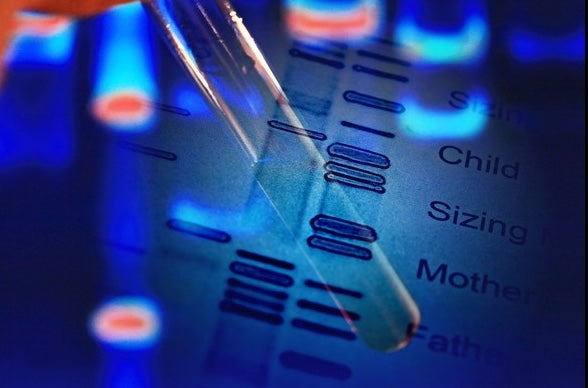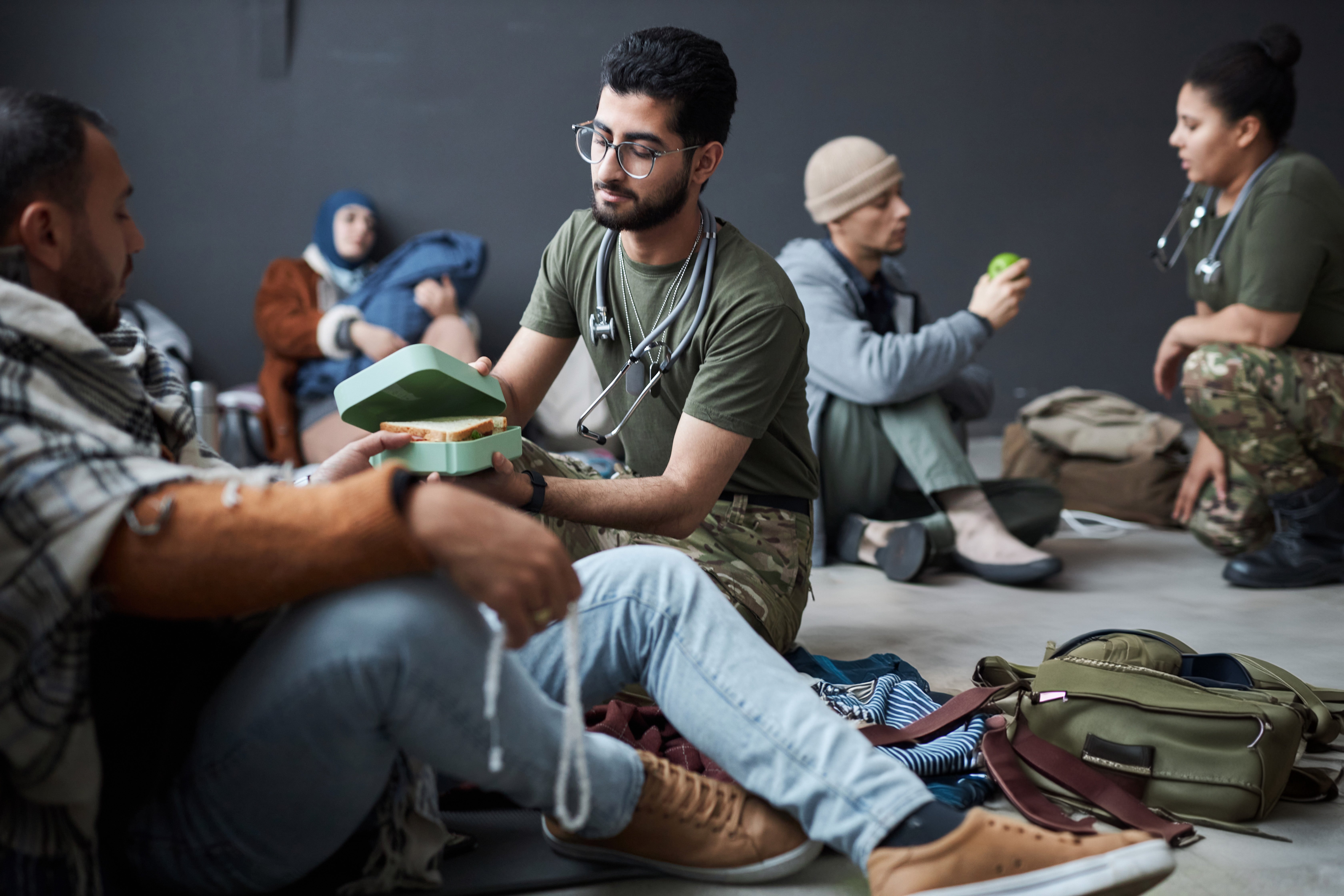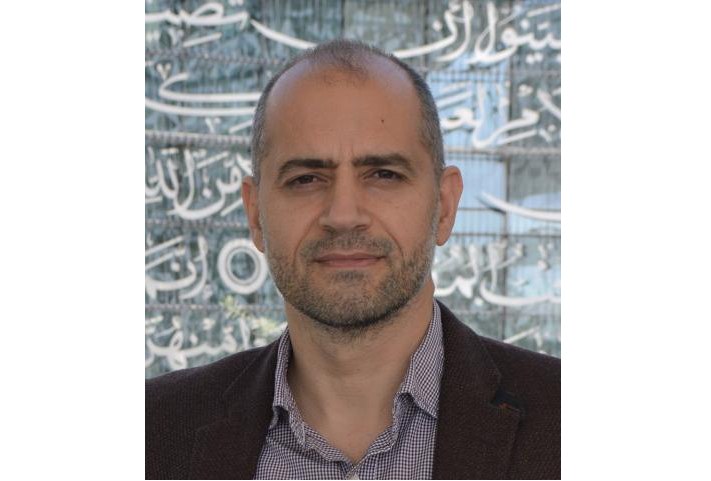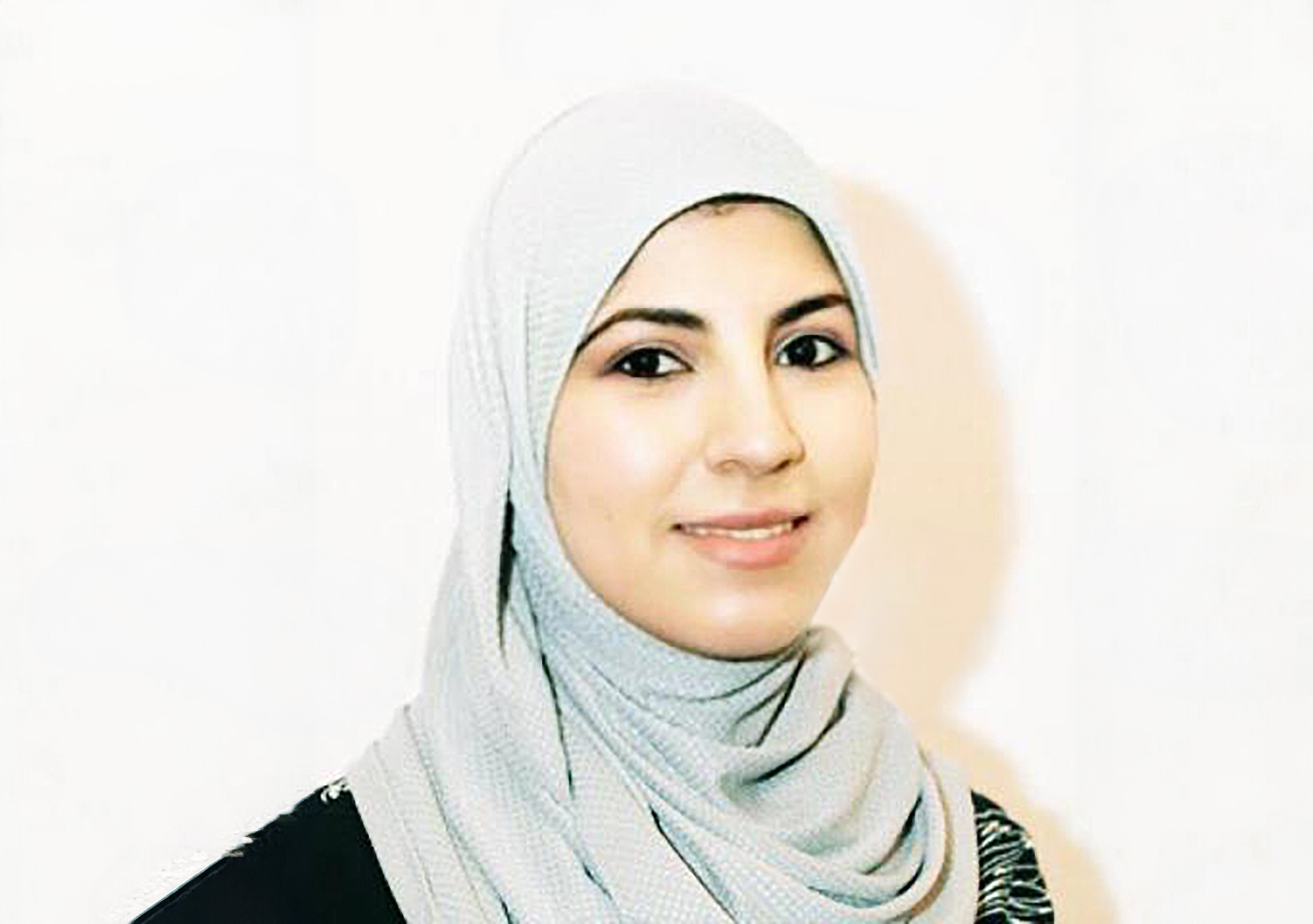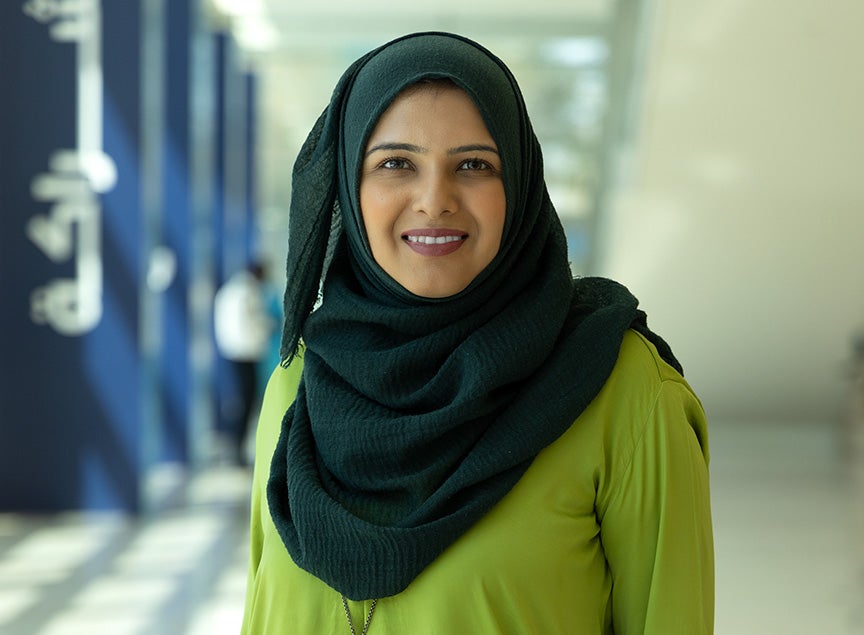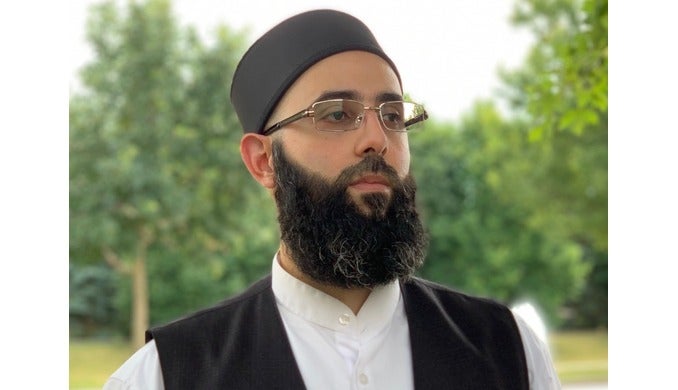
The war on Gaza and accompanying genocide of the Palestinian people has sparked feelings of sadness, pain, and despondency among Muslims. HBKU’s Dr. Hooman Keshavarzi outlines how these overwhelming emotions simmer in the human soul and how to express them in a healthy and appropriate way.
There have been few events in modern history that have generated the type of shared suffering and mix of emotions among the ummah as the recent genocide upon Gaza and injustices perpetrated against Palestine and al-Masjid al-Aqsa. This is a testament to the truth of the Prophetic statement and the indication that the ummah is not dead in his (peace & blessings be upon him) saying, “The likeness of the ummah in their mutual compassion, love, and sympathy towards one another, is similar to the body. If one of its limbs becomes ill, then the rest of the body breaks out in fever and sleeplessness,” Al-Bukhari and Muslim.
The joint suffering of the ummah has led to feelings of anger, helplessness, survivors guilt, anguish and prolonged grief across the world. A poll conducted by the Khalil Center found that 56.8% of American Muslims had experienced changes in appetite, with 76% reporting poorer sleep quality as a result of the genocide. This brings to mind the experience of Ibrāhīm ibn ‘Abd al-Raḥmān ibn ʿAwf (may Allah be pleased with him) when he was sitting down to partake in a meal, he broke down crying in thinking about Mus’ab ibn ʿUmayr’s (may Allah be pleased with him) martyrdom and lost his appetite (Kandehlewi, 1989). There can also be no doubt that the Prophet (peace & blessings be upon him), being the pinnacle of compassion and empathy, would have deeply felt the pain of those suffering in Gaza. The Prophet (peace & blessings be upon him) is described in the Qur’an by the following, “Indeed a Messenger has come from amongst yourselves, Grievous to him is what you suffer; [he is] concerned over you and to the believers is kind and merciful” (9:128). He was perpetually in a state of worry and concern for the ummah and the massive scale of what's happening in Gaza - particularly to the children - is something that we can safely assume would weigh heavily on the heart of our beloved Prophet (peace & blessings be upon him).
Spiritual Coping
While it is the case that such emotions are fully warranted, it is important to consider the Qur’anic consolation that is provided to the believers by Allah, Himself, “We will surely test you with a portion of fear, famine, scarcity in wealth, and [loss of] life and produce, so give glad tidings to the patient ones, whom when they are afflicted with difficulty, they say, ‘We belong to Allah and to Him we shall return’, Those are the ones upon whom are blessings from their Lord and mercy. And it is those who are the rightly guided” (2:155-157).
And while we can also see the injustices being perpetrated, it is important to maintain a God compass through this by considering that Allah is the one who ultimately allows or can prevent suffering. By redirecting our attention to Allah, we can determine that since He is the giver of suffering, there must be some wisdom and benefit to such apparent tragedies, as the Arabic proverb goes, “the actions of The Wise One are never devoid of wisdom.” Thus, these events are a test for both those suffering and those witnessing their suffering. A test of patience, perseverance and derivation of spiritual meaning from these events.
One of the astonishing things that much of the world has been completely perplexed by during this genocide is the notion of martyrdom and how deeply rooted it is in the Muslim psyche. While it seems counter-intuitive to the human instinct, not to mention an abstract concept to many, it has been a source of amazement as to how Muslims in Palestine are able to make meaning of their losses and even willing to sacrifice their lives for the cause despite imminent threats to life. It nevertheless allows us to understand how even the mothers of some of the companions would rush and not hesitate to have their children be enlisted in battle in order to fight injustice. al-Khansa’ (may Allah be pleased with her) lost four of her sons in battle and upon receiving the news of their martyrdom replied with ‘Alḥamdullilah’ [Praise and thanks be to Allah]. This notion of martyrdom and spiritual meaning attached to it is derived from the Qur’anic worldview that states “And say not of those slain in God's way: 'They are dead'; rather they are living; but you are not aware.”
In fact, the Prophet (peace & blessings be upon him) explained this verse further by saying, “The souls of the martyrs live in the bodies of green birds who have their nests in chandeliers hung from the throne of the Almighty. They eat the fruits of Paradise from wherever they like and then nestle in these chandeliers. Once their Lord cast a glance at them and said: Do you want anything? They said: What more shall we desire? We eat the fruit of Paradise from wherever we like. Their Lord asked them the same question thrice. When they see that they will continue to be asked and compelled to answer the question. they said: O Lord, we wish that you may return our souls to our bodies so that we may be slain in your way once again. When He saw that they had no need, they were left [to their joy in heaven] (Sahīh al-Muslim, 1887).”
Role of Emotions
It is important to understand that emotions serve an important function and role. Each emotion has an underlying need. And the healthy and adaptive expressions of emotions is to be able to identify and satiate that need underlying it. On the other hand, excessive (tafrīt/ifrāt) or maladaptive emotions are expressions that do not meet the need or further distance one from the need. Take, for example, the appropriate levels of anger that Muslims feel. The need of anger is self-protection or justice (al-Ghāzalī, 2011). It physiologically stimulates an individual driving them into an action response. This is useful when it leads to protesting, boycotting, writing articles, political activism, making du‘a’, and related activities. However, if it leads to destructive anger such that individuals start to harm innocent bystanders, displacing their anger on family members, general irritability, destroying others’ property, and more, then this type of anger is unhealthy and not useful.
Similarly, grief has an underlying need. Grief causes an individual to reflect about the past and an associated loss (ibn al-Jawzī, 1986). The need of grief is to make meaning or derive lessons from such painful events. Thus, the loss of many Palestinians, particularly children is grief inducing for Muslims. However, the ability to make meaning of this suffering and express this grief positively is to derive valuable lessons from these events, such as the value of the blessings of health and safety as well as the need for a more meaningful relationship with the Palestinian cause and al-Masjid al-Aqsa. On account of this grief, many Muslims have started to learn about the history of Palestine, the role and sanctity of al-Masjid al-Aqsa and long to visit this land now. Palestine has now become a more meaningful part of most Muslims’ existence. This grief has led to a greater and more meaningful attachment to Palestine in the heart of Muslims. This is adaptive.
On the other hand, if this sadness leads to withdrawal, excessive crying, social isolation, lack of learning or engagement, then this is an unhealthy expression of sadness. In fact, the Prophet (peace & blessings be upon him) also cried a lot. He was known to be in a perpetual state of sadness (al-Tirmdhī). When he lost his son Ibrahim, he described his sadness as a mercy, and went on to say, “these eyes shed tears and the heart feels pain, but we do not say anything except that which is pleasing to Allah. Indeed, we are grief-stricken by your absence oh Ibrahim” (Sahīh al-Bukhārī, 1303). The Prophet (peace & blessings be upon him) was a true demonstration of the appropriate regulation of his emotions and expression of patience despite feeling pain. Furthermore, despite this he was able to smile at the children among the companions, be present with others, even laugh and joke with them (Ahmad, 8481).
Practical Tools
Some practical tools and takeaways for engaging with one’s emotions in an adaptive and healthy way regarding the current crisis is to reflect and make Palestine a meaningful part of our Islamic identity and purpose. This may be in the form of political activism, boycotting, personal learning, writing and speaking about Palestine, and donating financially or offering our expertise to support our brothers and sisters. It is also important to make it an essential part of our spiritual life, by remembering those who are martyred, injured, imprisoned, and displaced in our prayers. Finally, it is extremely essential for us to consider the immense blessings that Allah has bestowed upon us, and not to take those for granted. Considering the losses of others should not lead to overlooking and neglecting the blessings that are in front of us. By considering the loss of others’ children, one can forge a more meaningful relationship with their own children and family. This can also occur by engaging in the Palestinian cause together as a family, by collective reading, studying, and activism.
Despite the immense suffering in Palestine, it is important to use spiritual coping through hope and directing one’s attention to the Creator of all things. Through prayer, reflection, contemplation, and learning one can keep high hopes in the coming of brighter days, as Allah says, “Do not lose hope in the Mercy of Allah” (39:53) and that “with hardship comes ease” (94:5).
Dr. Hooman Keshavarzi is Program Director for the Masters of Counseling Psychology program at Hamad Bin Khalifa University’s College of Islamic Studies.
This piece has been submitted by HBKU’s Communications Directorate on behalf of its author. The thoughts and views expressed are the author’s own and do not necessarily reflect an official University stance.






